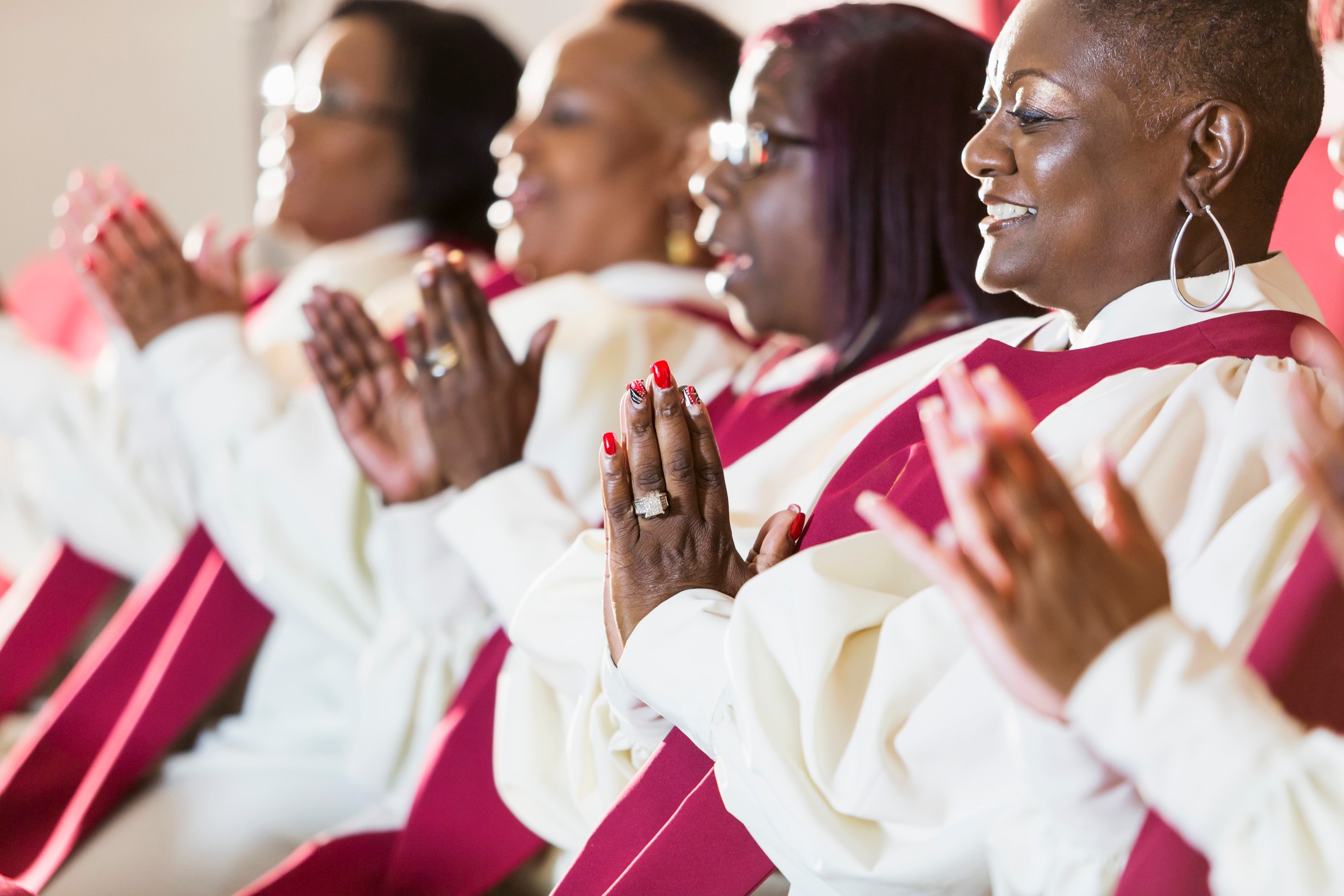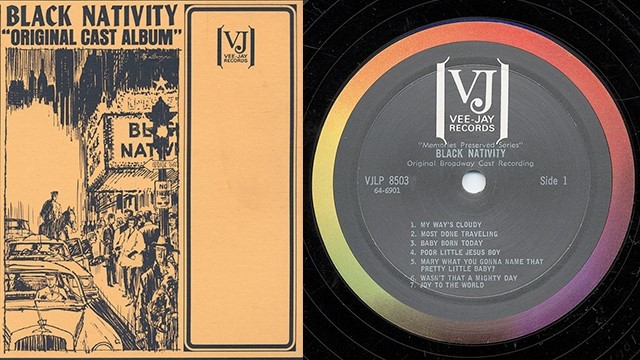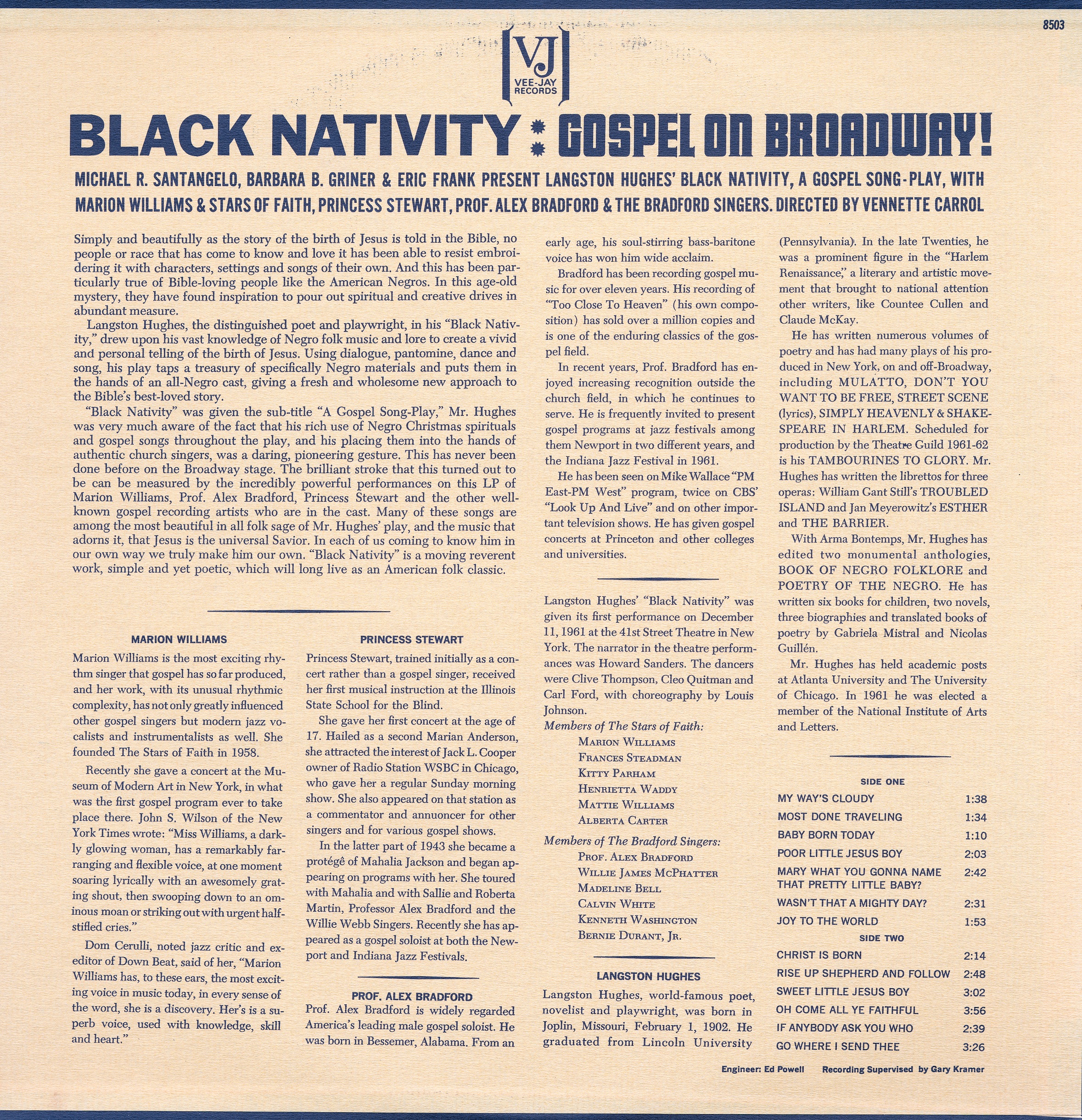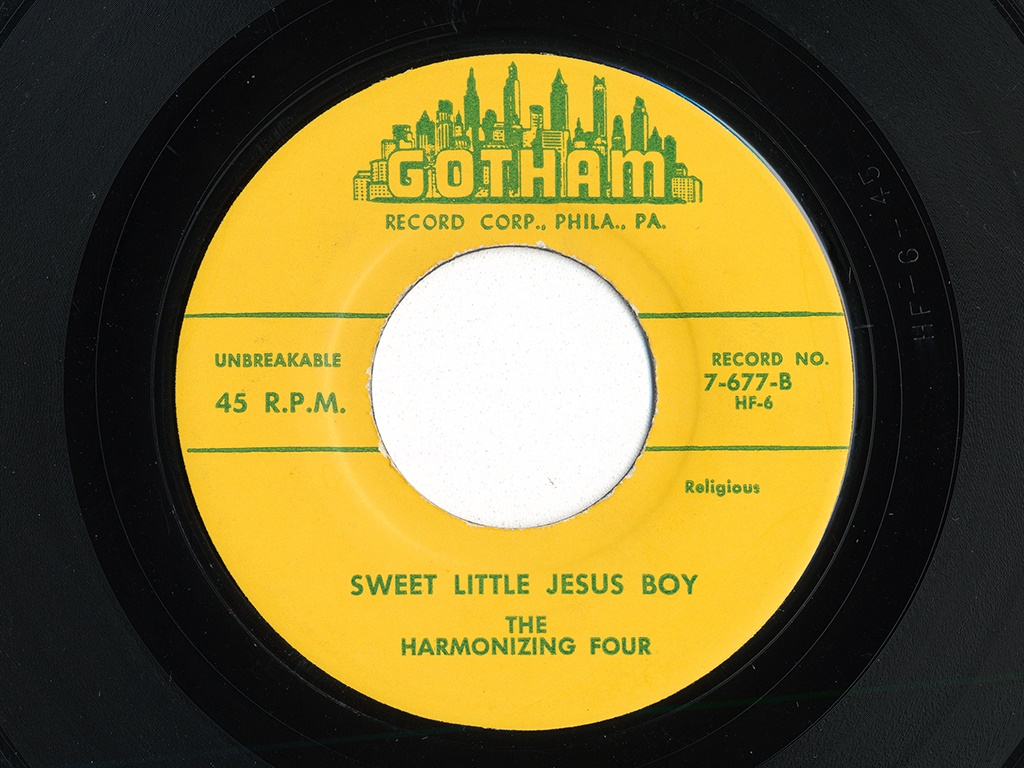Black Gospel Music Expert Discusses Timelessness of Christmas Spirituals, Which Differ From Christmas Carols




Media Contacts: Terry_Goodrich, 254-710-3321 or Lori Fogleman, 254-710-6275
Follow Lori on Twitter at @LoriBaylorU
Follow Baylor Media Communications on Twitter: @BaylorUMedia
WACO, Texas (Dec. 5, 2017) — One of the most cherished parts of entering the holiday season is gathering to sing and listen to Christmas carols. Songs like Silent Night, Hark the Herald Angels Sing and The First Noel resound as Christmas approaches. However, a Baylor University expert in black gospel music holds another Christmas tradition near and dear to his heart. He treasures the rich sounds of Christmas spirituals, which differ from Christmas carols.
"So many of the spirituals are written in what has been performed as and what scholars call the 'eternal now,'" said Robert F. Darden, professor of journalism and founder of Baylor's Black Gospel Music Restoration Project. "If you read the lyrics as they were transcribed, many of them are in the present tense."
To illustrate his point, Darden referenced the spiritual "Were You There?" in which the lyrics read, "It causes me to tremble." Darden said that since slaves in America were not book-educated and struggled with the concept of time, the Bible was a contemporary account of what was going on for them. In their minds, they conflated Abraham in the Bible with Father Abraham Lincoln who was going to free them, and associated Harriett Tubman with Moses and the Ohio River with the Jordan River. Darden said the powerful resonance in these spirituals is unmatched because of the passion of the people who sang them.
"When you hear the Christmas spirituals, you're hearing people who (believe) this is a real live event," Darden said. "Go tell it on the mountain that Jesus Christ is born, not was born. That gives them more of an immediacy and a power than songs that are in the past tense."
Darden listed these eight Christmas spirituals as some of the most influential songs that help him reflect on the true essence of Christmas.
1. "Rise Up Shepherd and Follow" from Odetta: Christmas Spirituals
2. "Mary, What You Gonna Call That Pretty Little Baby?" featuring Marion Williams and Princess Stewart from Black Nativity
3. "Sweet Little Jesus Boy" from The Harmonizing Four
4. "Silent Night" by the Mighty Clouds of Joy from A Gospel Christmas Celebration
5. "Christmas Hymn" by Karen Kraft from The Texas Christmas Selection
6. "Go Tell It on the Mountain" by the Mighty Clouds of Joy from The Legendary Groups of Gospel
7. "Joy to the World" featuring Marion Williams and Princess Stewart from Black Nativity
8. "Hallelujah Chorus" by Pastor Donald Alford and the Progressive Radio Choir from A Gospel Family Christmas
Darden also said that slaves had a more intimate understanding of the nativity story because they identified with the conditions into which Christ was born. They understood what it was like to come from a foreign land to a place where they were despised and enslaved in the same way that Christ was born as a refugee child with people seeking to kill him.
"The spirituals reflect a people who believe they're in the middle of the Bible story. I think that gives them a power that's hard for others to match and why the Gospel artists, who would later record these songs, tried to capture that and keep that immediacy and intimacy that I think a lot of Christmas carols don't have," Darden said.
Darden said the modern world still needs Christmas spirituals. While commercialism gets people excited and inspired for the holidays, people in 2017 need something that will help them reflect on what truly matters about the season. They need something that will not only remind them of history but will also evoke the sensation of gratitude for a needed savior.
"By noticing and listening to the words of the spirituals, you see how they focused on what really matters—a child is born under the most desperate of circumstances despised," Darden said. "This season isn't about shopping malls. The season is about remembering that the King chose to be born in the most despised, hated and vulnerable of times."
Darden founded Baylor's Black Gospel Music Restoration Project (BGMRP) more than a decade ago. The BGMRP is the world's largest initiative to identify, acquire, preserve, digitize and catalog recordings from the black gospel music tradition. This music, from the Golden Age of Gospel from 1945 to 1975, was quickly vanishing as albums made the transition to CDs.
Recordings from the BGMRP are available online in the Baylor Libraries Digital Collection , which includes, in some cases, taped interviews, photographs, press packets, tour books and programs, newspaper and magazine clippings and sheet music.
The BGMRP also provides the gospel music for the Smithsonian's National Museum of African American History and Culture in Washington, D.C.
by Joy Moton, student newswriter, (254) 710-6805
ABOUT ROBERT F. DARDEN
A former Gospel Music Editor for Billboard Magazine, Darden is the author of "People Get Ready! A New History of Black Gospel," "Nothing But Love in God's Water, Volume I: Black Sacred Music from the Civil War to the Civil Rights Movement" and "Nothing But Love in God's Water, Volume II: Black Sacred Music from Sit-In to Resurrection City."
In 2016, he created the radio program, "Shout! Black Gospel Music Moments," which airs on KWBU-FM in Waco, as well as eight NPR affiliates around the nation.
ABOUT BAYLOR UNIVERSITY
Baylor University is a private Christian University and a nationally ranked research institution. The University provides a vibrant campus community for more than 17,000 students by blending interdisciplinary research with an international reputation for educational excellence and a faculty commitment to teaching and scholarship. Chartered in 1845 by the Republic of Texas through the efforts of Baptist pioneers, Baylor is the oldest continually operating University in Texas. Located in Waco, Baylor welcomes students from all 50 states and more than 80 countries to study a broad range of degrees among its 12 nationally recognized academic divisions.